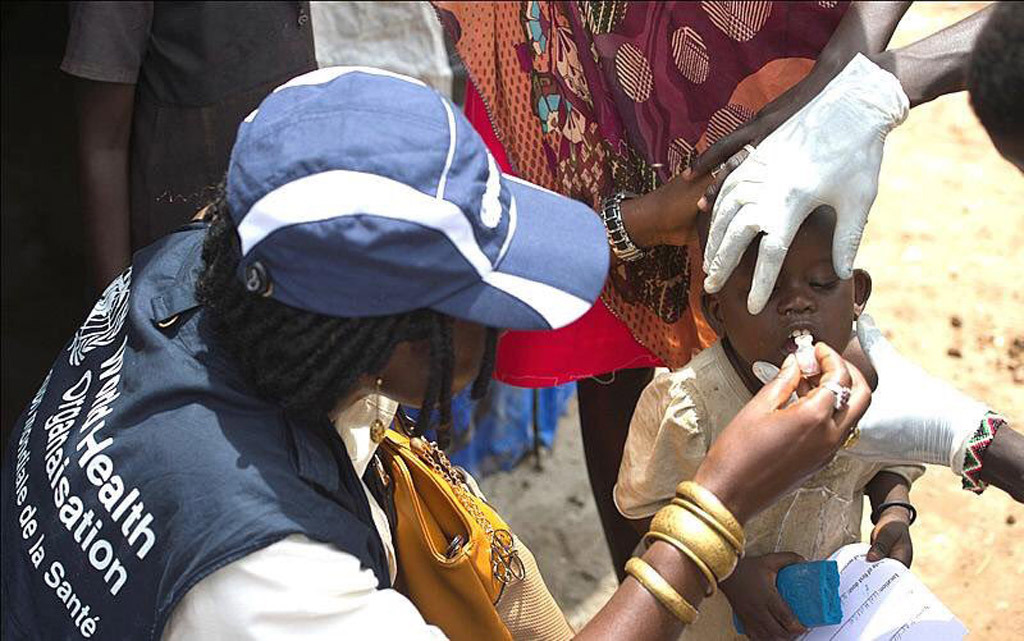The UN health agency said it is scaling up cholera response in South Sudan, where 17,785 cases, including 320 deaths, have been reported since the outbreak in June 2106.
“Cholera is endemic in South Sudan and historically, outbreaks have occurred along major commercial routes and rivers in the dry season as well as during the rainy season,” said Joseph Wamala, an epidemiologist at the World Health Organization (WHO), in a news release from the agency's Africa office.
Earlier this week, WHO said in a statement on Thursday that it has received 500,000 doses of oral cholera vaccine for a planned campaign scheduled to take place from 28 July to 3 August in four selected counties – Tonj East, Kapoeta South, Kapoeta North and Kapoeta East.
“South Sudan has suffered from several major cholera outbreaks in the last four years. Following other successful oral cholera vaccine campaigns, WHO and partners can make a real difference in controlling the outbreak in Tonj and Kapoeta states and in other parts of the country,” Mr. Wamala said.
The agency added that it is helping South Sudan implement the integrated approach for cholera control, such as improving access to patient care, surveillance, social mobilization, water, sanitation and hygiene.
“As a result, cholera transmission in Bor, Mingkaman, Duk, Ayod, Bentiu, Leer, Aburoc, Malakal Town, and several other areas has been controlled,” the agency said.
The UN health agency said the people in South Sudan are facing starvation, and there is possibility of the cholera outbreak spreading further.
It added that drought has also led to the drying of water points in some regions leading to the population using contaminated water from the remaining few unprotected points leading to repeated outbreaks of cholera and other water-borne diseases.




